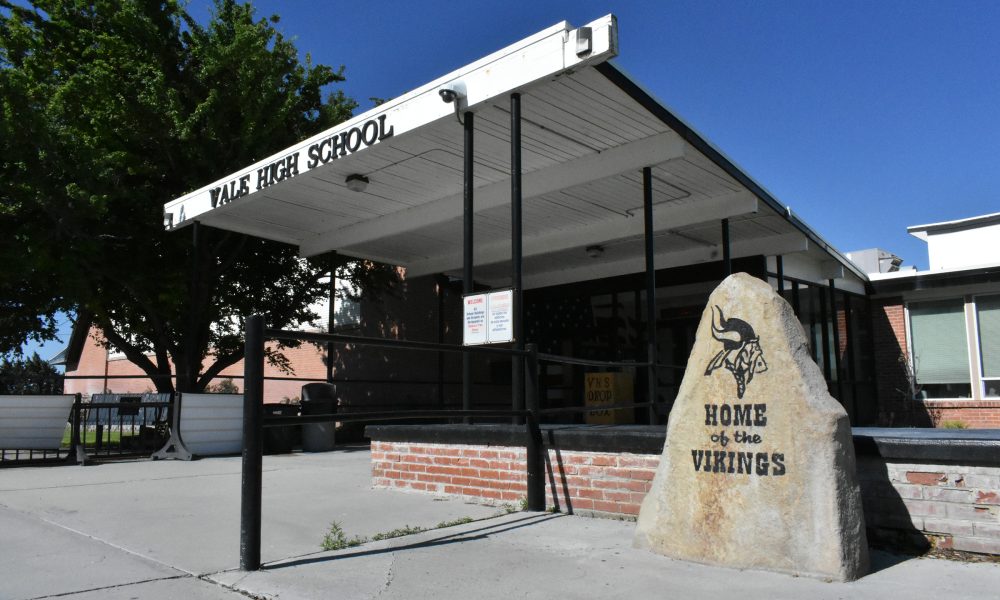A new requirement for school board members to reveal their income sources to prevent corruption has local education officials concerned it could deter people from serving on school boards.
State Rep. Mark Owens, R-Crane, said Senate Bill 292, a bill in the Senate Committee on Education, would exempt districts with 1,625 or fewer students from requiring members to disclose their financial interests. That would exempt them from legislation passed last year adding school board members to the list of public officials who must submit yearly statements of economic interests to the Oregon Government Ethics Commission.
Public officials who file such statements must list the source but not the amount of income in their households, investments and property holdings. The intent is to provide disclosure to the public and to prevent corruption by office holders.
During a recent virtual town hall discussion Owens said that he was confident the bill, which had a committee hearing Tuesday, Feb. 28, would get the votes to move the legislation to the Senate Rules Committee. However, he was not sure the bill would get approved by the full Senate by April 15 deadline for legislation to move.
Owens said many of the schools in his largely rural district have more board members than students in their communities. Board members, who are volunteers, find the requirement to disclose their financial interests invasive, he said.
The current requirement, Owens said, will cause school boards to lose members in rural communities.
Mark Redmond, Malheur County Education Service District superintendent, said the new requirement passed last year only added local school boards but did not those serving on boards for community colleges or education service districts.
“You will find some very frustrated people in the county and around the state on this issue,” Redmond said.
A 2021 Secretary of State audit of the Oregon Government Ethics Commission recommended that the state add school board members which prompted lawmakers to pass the bill in the previous session.
All current board members, the legislation notes, must file the statements by April 15. The fines can be as high as $5,000 for failing to do so.
In written testimony supporting Owens’ amendments, the Vale School Board told the Senate Committee on Education that requiring the disclosures is an invasion of privacy.
“As the April 15 deadline approaches, many of us are considering resigning from our roles in lieu of filing the statement of economic interest,” the statement said. It was signed by Jason Chamberlain, Ryan Bates, Darlene McConnell, Jason Johnson and Michael McGourty.
McConnell said that while she cannot speak for the other board members, she could not see herself resigning over the requirement.
Nonetheless, she said, lawmakers should have considered the unique differences in rural Oregon. For example, she said many who serve on boards are farmers and ranchers and what are essentially family-owned businesses. The information contained in a statement of economic interest, she said, includes a requirement for the disclosures about their immediate and extended family members.
“The state needs to understand that in rural Oregon that this isn’t just somebody that goes to a 9 a.m. to 5 p.m. job every day,” McConnell said. “These are people that are farmers and ranchers.”
With that, she said, the state overstepped its bounds.
Oregon is among a few states in the U.S. that require school board members to disclose financial interests. Among those states, Ohio limits the requirement to districts with over 12,000 students.
NEWS TIP? Send an email to [email protected].HOW TO SUBSCRIBE – The Malheur Enterprise delivers quality local journalism – fair and accurate. You can read it any hour, any day with a digital subscription. Read it on your phone, your Tablet, your home computer. Click subscribe – $7.50 a month.




